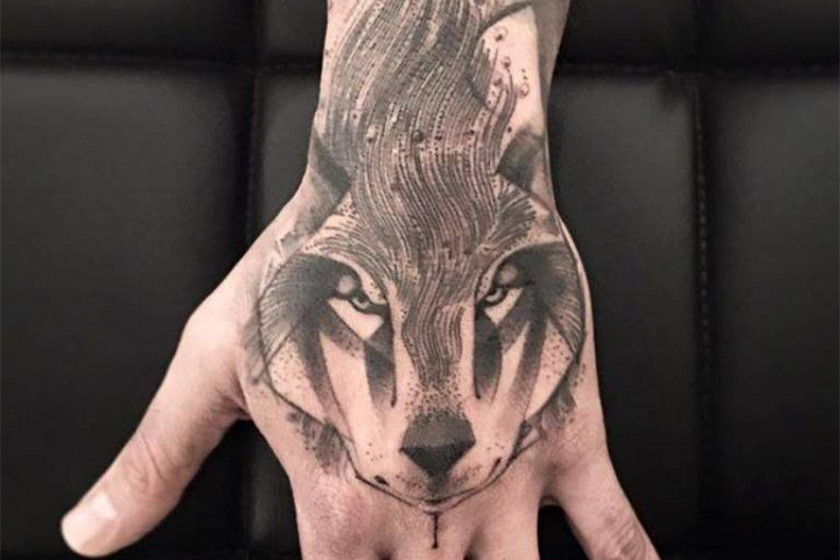
Have you ever gone to an interview and quickly felt a connection with some individuals and not with others? Perhaps you felt certain that you were qualified for a position but something felt a bit off throughout the interview. Maybe it felt like the interviewer didn’t like you, but how could that be if they also didn’t really know you? Any of these scenarios could be attributable to the phenomenon of “interviewer bias,” and this is such an extensive problem for companies that many spend thousands of dollars in training and on systems to reduce bias in their hiring of new employees. Did you notice the word, “reduce?” Unfortunately, when human beings are involved it is impossible to entirely remove interviewer bias, which means that the hiring manager, the individuals on the selection committee, the HR representative, and others whom you meet, are each likely operating from a place of bias.
One interviewer could enter the interview with an idea about what your strengths and weaknesses are based on something they read in your application. You might even sense that an interviewer is hanging on your every word to confirm a preconceived impression (could be a negative or positive one) that they have of you.
“Oh, (awkward pause), you majored in history.”
Is that “Oh, (awkward pause), you majored in History” comment a good thing or a possible foreshadowing of what the interviewer’s assumptions are about you and/or the field you chose to study.
Another interviewer might be influenced in choosing a new employee by how they see that candidate’s attractiveness, race, gender identity, gender expression, height, weight, vocabulary used, color worn during the interview, and the list goes on and on! Some interviewers might rely heavily on intuition, claiming that they just know when a candidate will be a great fit. This feeling was likely influenced by other factors, most often because the interviewee shares similar qualities and demographics as the interviewer.
What does this all mean for you as the interviewee?
While most organizations have put processes and structures into place to minimize interviewer bias, there are also actions that you take to anticipate potential biases and to reduce assumptions. Consider these tips:
Tip #1: Knowing that biases are only reduced at best, consistently communicate your abilities to work well with a range of people and to integrate and value different perspectives.
Tip #2: Be prepared to give clear examples of how you are a strong addition to the employer’s culture and can do the job well. When an employer has similarly qualified candidates, it is often how well a candidate conveys a fit for the company’s culture that gets them the job offer. This practice of “choosing fit” is likely evidence of interviewer bias.
Tip #3: Think about what biases you might experience. Your list could include biases that are negative and positive; both types of biases can cause prejudgments that lead to discriminatory practices. If everyone you meet always says, “You look so young,” might an interviewer also be thinking this?
- If “looking so young” is on your list then perhaps think about what your youthful perspective can add to the company and to the position, and share some of those positives during the interview.
Other biases are more difficult to address. As an example, if you have a tattoo on the top of your hand and the interviewer hates tattoos, there is nothing you can really do about that. You can hope that the company has put a system in place that focuses on evaluating whether a job candidate can do the work required and has the preferred skills. Chances are that this interviewer would never be aware enough to say, “There was something I didn’t like about that candidate, I think it was the wolf tattoo, so I rated them lower than the other candidates.”
Tip #4: Pause before answering interview questions and think about what the interviewer is really trying to find out about you. Many of the systems designed to reduce interviewer bias recommend interview questions and incorporate candidate evaluations that concentrate on whether a person can do the job for which they are interviewing. Focus your answers on all the ways that you can do the job and share examples of your relevant experience, skills, and training.
Tip #5 – Interviewees have biases too
Maybe you are interviewing at a company and realize that everyone you have met is in their fifties, and you are thinking, “This place must be really boring.” It might not be boring at all, but if that is a concern then you would want to ask questions to help you to determine if the environment is boring. Don’t allow your biases to hinder your evaluation of whether a workplace would be boring or a great place to further your goals. Those employees in their fifties might be amazing colleagues, valuable mentors, and eager to have you working on some amazing projects.
Everyone is biased, even when they are trying not to be, and while many companies recognize a diverse workplace is key to a company’s success, as an interviewee, take time to prepare for interviewer bias and incorporate steps to reduce the impact on your interviews. At the end of the day, you can only control what you can, but you can always be aware!
